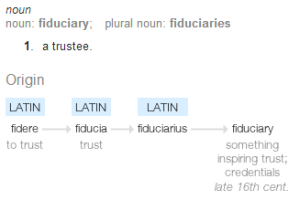In the Greek poem, The Odyssey, Homer illustrates an age old flaw in human nature. Odysseus, the hero, is warned by goddess Circe that when his ship is sailing by the island of the Sirens, the irresistible songs of the Sirens will lure him towards the island and destroy his ship.
The sirens are symbolic of the flaws and biases that seem to be a natural part of our brain’s chemistry. Homer suggests a solution to keep these flaws in check. To counter the allure of the Sirens, Odysseus orders his crew to tie him to the mast of the ship and to ignore his future pleas for release until they have passed the dangerous islands. Odysseus commits himself to a rational course of action at a neutral time to ensure that he does not get swayed by emotions during the time of distress. Read the rest of this entry »


